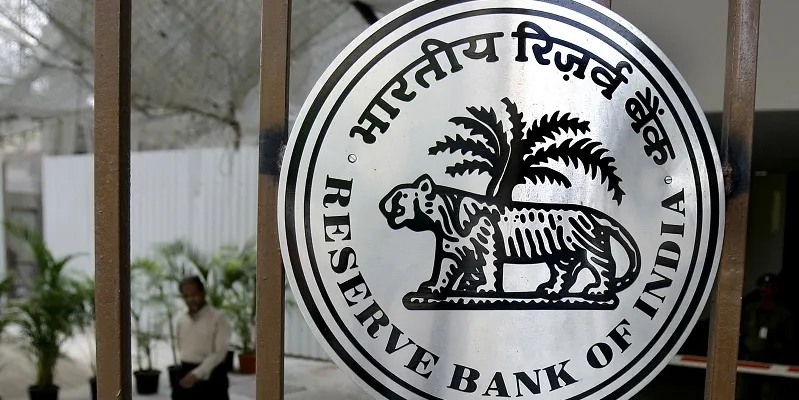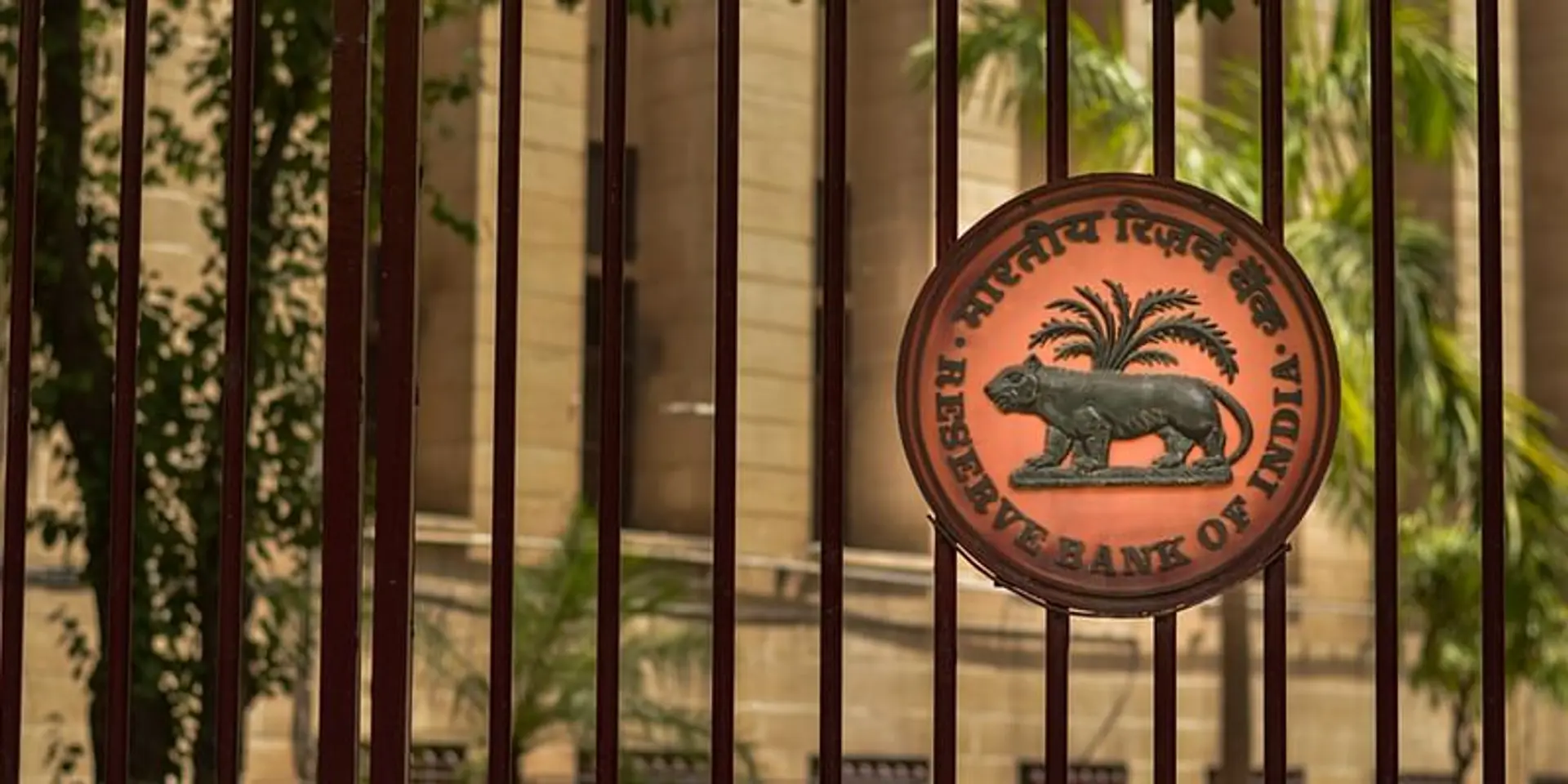RBI allows non-bank PSPs to participate in centralised payment systems
PSPs include prepaid payment instrument (PPI) issuers, card networks, white label ATM (WLA) operators and trade receivables discounting system (TReDS) platforms.
The Reserve Bank of India (RBI) has allowed authorised non-bank payment system providers (PSPs) to participate in centralised payment systems (CPS) such as real-time gross settlement (RTGS) and national electronic fund transfer (NEFT), as direct members.
PSPs include prepaid payment instrument (PPI) issuers, card networks, white label ATM (WLA) operators, and trade receivables discounting system (TReDS) platforms.
In a notification issued on Wednesday, the RBI said that on a review of extant arrangements and after detailed discussions with PSPs, it is advised that, "in the first phase, authorised non-bank PSPs, viz. PPI issuers, card networks and white label ATM operators shall be eligible to participate in CPS as direct members".

(Photo credit: AFP)
In April 2021 monetary policy, the central bank had announced that it will encourage participation of non-banks in the RBI-operated CPS-RTGS and NEFT systems in a phased manner.
The central bank said direct access for non-banks to CPS lowers the overall risk in the payments ecosystem.
It also brings advantages to non-banks like reduction in cost of payments, minimising dependence on banks, reducing the time taken for completing payments, eliminating the uncertainty in finality of the payments as the settlement is carried out in central bank money, the notification said.
The risk of failure or delay in execution of fund transfers can also be avoided when the transactions are directly initiated and processed by the non-bank entities, it said.
Edited by Megha Reddy








